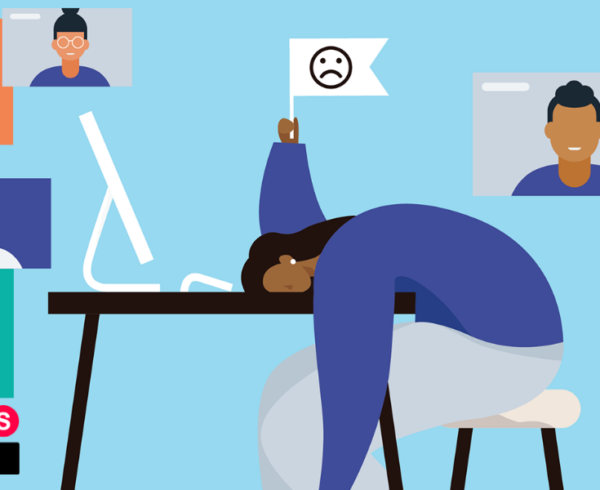“The Knoble is a game-changer.”
That’s the verdict of Matt Friedman, who has dedicated forty years of his life to battling human trafficking. Friedman spent years in places like Nepal, Vietnam and Thailand working for both the United States government and the United Nations to try and stop human trafficking, a modern form of sexual slavery that earns global profits of an estimated $150 billion a year. It is estimated that between 20-40 million people are victims of trafficking. Most are young girls.
The Knoble would like to change that. A self-described “network of financial crime and fintech professionals with a passion for protecting vulnerable people,” the nonprofit is a private-sector effort to stop the human trade in slaves used for sex. Unlike governmental efforts, which Friedman says “can drag their feet,” the Knoble can work quickly and efficiently to detect and root out traffickers.
The group is the brainchild of Ian Mitchell, who had spent twenty years fighting internet financial crime and fraud in the banking industry. Mitchell was ready to retire when he met Friedman in Atlanta in 2018. While at a mutual friend’s house the two were talking and Friedman described his work as a public health official for the UN. He told a harrowing story about being in Nepal, where he discovered that girls were tricked into marrying somebody and sold into a brothel in Mumbai, India. Friedman was invited do a public health check, and he found an eleven year-old trafficking victim.













The Knoble is a great example of the private sector coming together to fight a horrendous crime. You guys are superheroes!
An important story and surely worth more widespread daylight.
Are permissions required for reproduction or retransmission?
For permission, please reach out to Harold Fickett at hfickett@scenesmedia.com